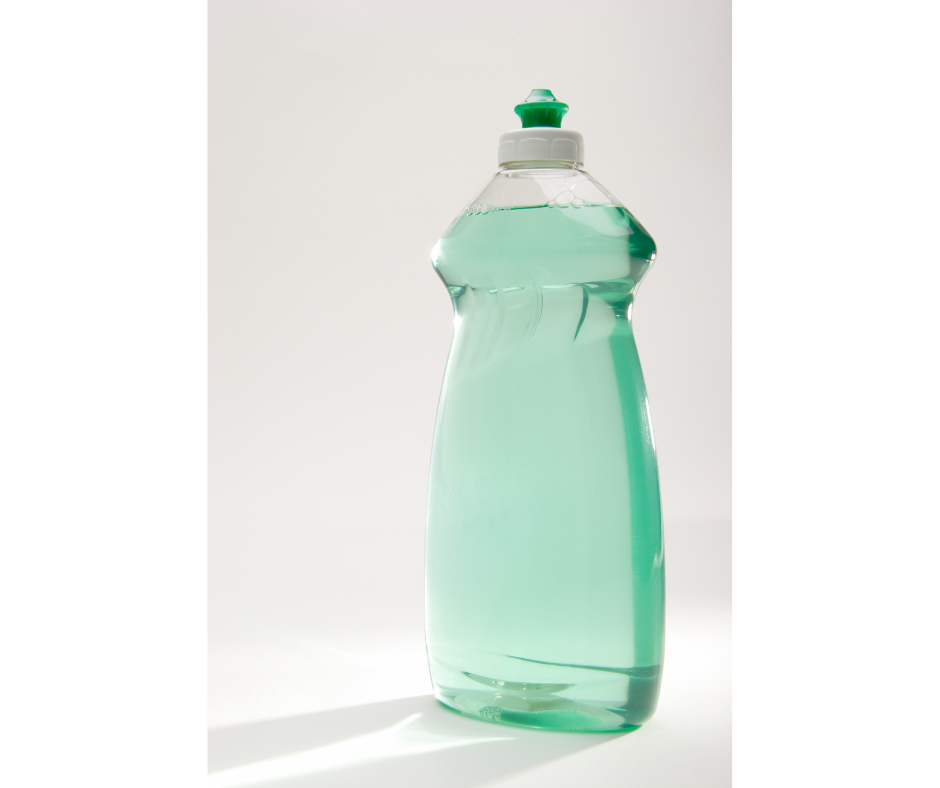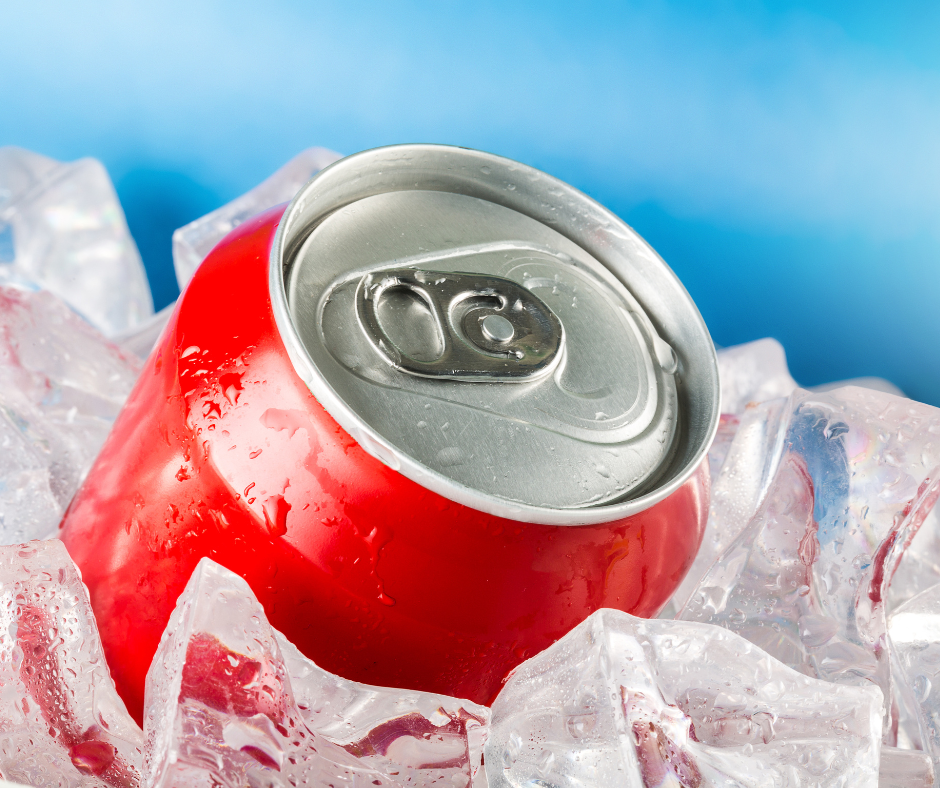How to Remove Oil Stains from Concrete
An oil stain on your concrete garage floor or driveway is not only an eyesore, but if left alone, it can actually damage your concrete. If left to sit, the oil can break down the top layer of the concrete and seep into its pores. If this happens, the stain is permanent and can decrease the value of your property. If you’ve discovered oil on your concrete, you’ll want to get it properly cleaned as soon as possible. Here are three ways to safely remove oil stains from concrete as well as what you should avoid to prevent further damage.
Cat Litter
Because of its primary use, cat litter is extremely absorbent. Cat litter is often a staple among mechanics and home hobbyists for spills on concrete floors and driveways. While there are many types of cat litter such as shavings, crystals, and pellets, clay cat litter is what should be used for the following steps:
- Pour a generous amount of cat litter over the spill or stain making sure to cover it completely.
- For best results, leave the cat litter to sit on the stain and absorb overnight (In the event of tough or large stains, let it soak for up to three days).
- The next morning, sweep up the litter and properly dispose of it.
- Use a stiff bristle brush and a mild detergent such as a mixture of dish soap and water to scrub the stain.
- Once you are done scrubbing the area, rinse thoroughly with water.
- These steps may need to be repeated for stubborn stains. Repeat as needed.

Alkaline Cleaner

Several types of concrete cleaners are available. For oil stains, you will want to look for an alkaline cleaner. This type of cleaner is also referred to as an alkaline degreaser and will break down the oil stains. Dish soap is one form of an alkaline cleaner that is safe to use on concrete. For mild stains, dilute the cleaner with water before applying. For stubborn or large stains, the degreaser can be applied without diluting.
- Sweep or scoop up any debris using a brush or broom.
- Apply the alkaline cleaner to the oil stain.
- Let soak for approximately 20 minutes (or longer for larger or heavy staining).
- For tough stains, use a brush to scrub the stain after soaking but before rinsing.
- Rinse off the cleaner using a hose.
- If available, a pressure washer may be used after the hose to thoroughly rinse the area. Use wide sweeping motions to rinse rather than prolonged direct water flow.
- Repeat as necessary.
Laundry Detergent or Baking Soda
Two common household items that can come in handy for treating oil-stained concrete are powdered laundry detergent or baking soda.
- Combine the detergent or baking soda with water to form a paste.
- Let sit for at least 10 minutes.
- Scrub the area with a bristle brush.
- Rinse clean with water.
- Repeat as necessary.
Things to Avoid
When dealing with a stain that just won’t budge, it may be tempting to try harsher chemicals to remove the oil from your concrete. However, this can do more harm than good. Acid-based cleaners should be avoided, Not only can they be dangerous, concrete is alkaline in nature. Using acid-based cleaners on concrete can damage your concrete. While acid-based cleaners can be safe on concrete surfaces if neutralized, it is not something that should be attempted as a DIY cleaning method.

In addition, many at-home remedies that are frequently recommended on the internet can also be harmful to concrete. These include:
- WD-40
- Vinegar
- Cola
- Power Washing
Using these products may remove the oil stain but can cause long-lasting damage, additional stains, or discoloration. WD-40, for example, can soak deep into the concrete and continually rise to the surface creating a more stubborn stain than oil. Soda contains phosphoric acid which can damage the surface of the concrete. This is especially important to note when treating decorative concrete for stains. Aurora cautions homeowners who choose to use a power washer on their concrete due to the fact that a power washer may leave permanent marks if sprayed too close with a high PSI delivery system.
Preventing Oil Stains on Concrete
The best way to keep your concrete looking its best is to avoid oil stains in the first place. Here are a few suggestions for preventing oil from damaging your floor or driveway:
- Use a concrete sealer that is oil-resistant.
- Regularly service your vehicles, lawnmower, and other machines/tools to check for potential oil leaks and stop them before they happen.
- Invest in an oil mat or plastic catch tray to protect your concrete against oil spills.
- If an unexpected leak arises, clean the area thoroughly and then place a thick piece of cardboard under the item that is leaking as a temporary solution.
When properly maintained, the life expectancy of new concrete can be well over 20 years. The Aurora Concrete warranty for all concrete work is three years and excludes any cracking that might occur, petroleum staining, and normal wear and tear. If you need assistance with installation, repair, or sealing your concrete, Aurora Concrete will send out a trained concrete specialist, review your needs and conduct a professional site evaluation. A proposal will be drawn up and submitted promptly. Contact us today for a free estimate.
